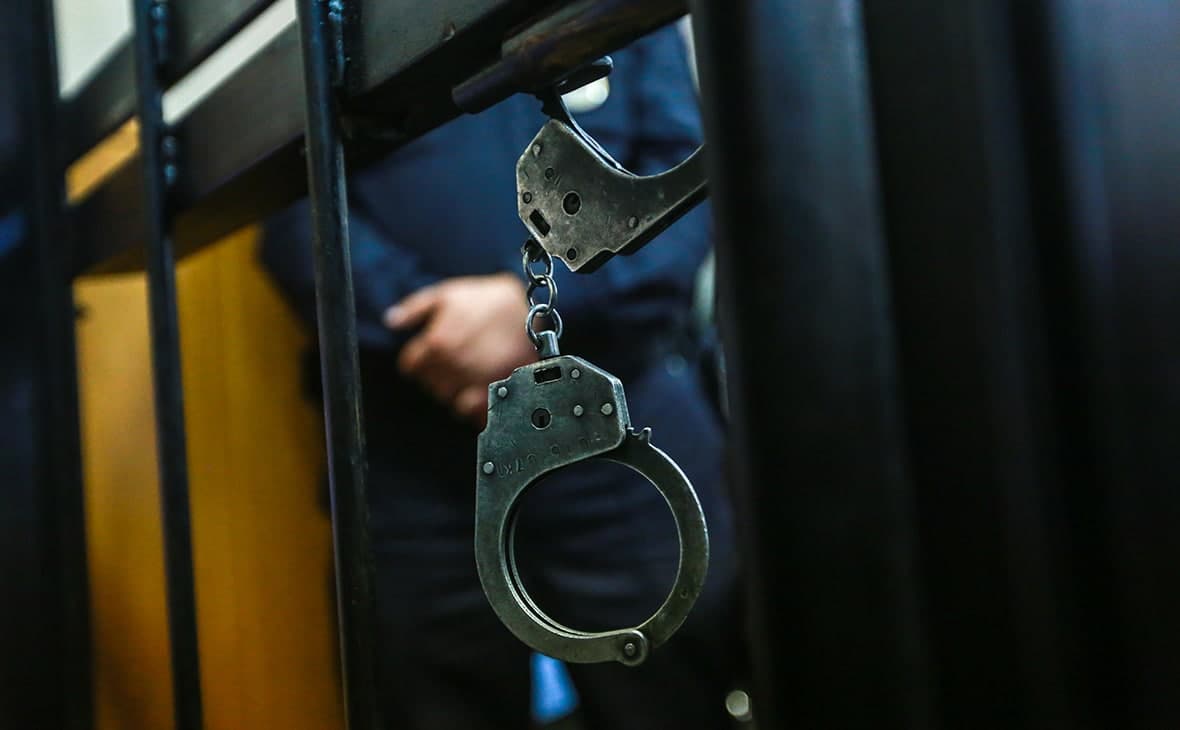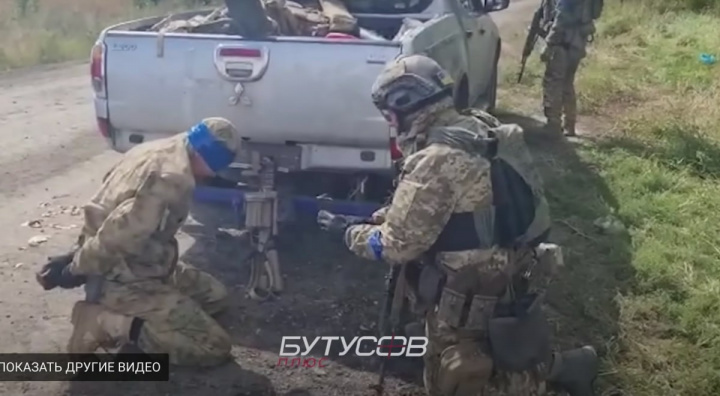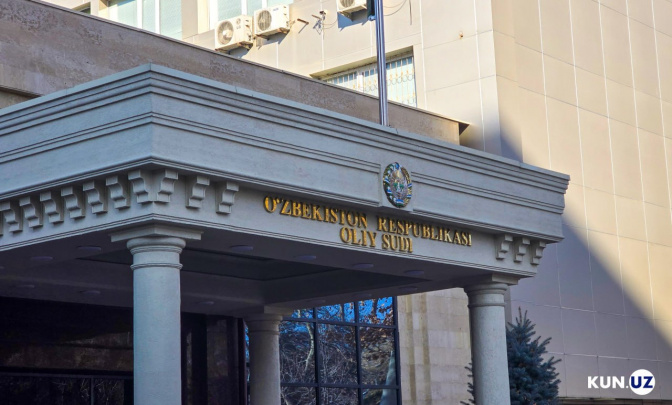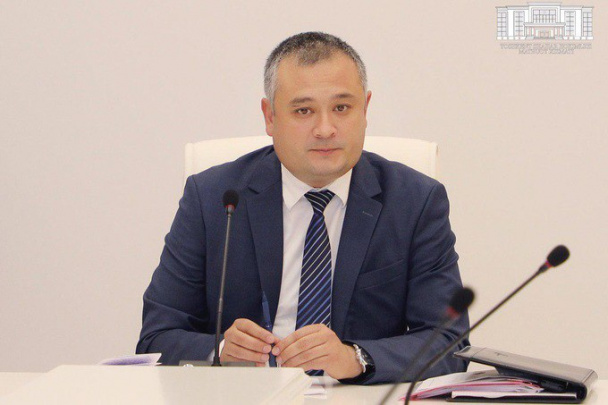Supreme Court: 95% of detention requests approved by investigative judges in H1
In the first half of 2025, investigative bodies in Uzbekistan submitted requests to detain more than 11,000 individuals as a preventive measure. According to the Supreme Court, investigative judges approved 95% of these motions and rejected only 5.2%. The same period saw over 9,500 requests submitted for search warrants.

Photo: TASS
Since the start of 2025, the power to authorize procedural measures that restrict individual freedoms during the pretrial investigation phase has been transferred to a newly established body of investigative judges. More than 200 investigative judges are now working across all district and city courts nationwide. These judges also hold authority to review administrative offense cases.
According to the Supreme Court's press service, between January and June 2025, investigative judges reviewed a total of 301,528 administrative offense cases involving 342,742 individuals, along with 173,902 related materials.
Investigative judges ruled on over 24,000 motions
During this period, investigative judges handled 24,382 motions related to the application of sanctions and coercive procedural measures.
Speaking to Kun.uz, Supreme Court spokesperson Aziz Obidov detailed the types of motions reviewed:
- 11,676 requests for pretrial detention
- 9,544 requests for search warrants
- 978 motions to suspend passport validity
- 962 motions to intercept postal or telegraph communications
- 416 motions to seize property
- 414 motions for house arrest
Of the 11,676 detention requests, 607 (5.2%) were denied. The remaining 11,069 motions – roughly 95% – were approved.
Rejection rate has increased, but remains low
The current 5.2% rejection rate marks a gradual increase compared to previous years: in 2017 it was just 0.4%, in 2020 it reached 1.6%, and in 2023 it stood at 2.6%.
Notably, in November 2024, just before the introduction of the investigative judge system, Supreme Court Chairperson Bakhtiyor Islomov held a public discussion with lawyers. At the time, he criticized the courts’ tendency to routinely approve prosecutors' detention motions and blamed a lack of judicial firmness for overcrowding in detention facilities. He stressed that building more pretrial detention centers was not the solution.
Following this, the investigative judge system was introduced. Lawmakers said this new institution – unique for Uzbekistan – is intended to strengthen safeguards for protecting individuals’ rights and freedoms during investigations.
Earlier this year, Kun.uz interviewed investigative judge Behzod Muminov, who explained the goals and procedures of this newly formed system.
Related News

16:17 / 31.07.2025
“Uzbek nationals make up the largest group of foreign prisoners of war in Ukraine” – Report

18:53 / 30.07.2025
Supreme Court explains early release of ex–Toshshahartansxizmat head convicted of embezzlement

15:47 / 29.07.2025
Over 17,000 inmates conditionally released in first half of 2025

13:03 / 28.07.2025



